What Do We Know About Readiness for College and Careers?
By Dr. David T. Conley
The idea of readiness is a relatively recent one. Up until the mid-2000s, students and colleges alike were only concerned about whether students were eligible to be admitted to college, not whether they were ready to succeed once they were there. Eligibility meant that the student had met the stated requirements for admission. Unfortunately, this did not necessarily equate to being ready to do entry-level college work or being prepared to take on the challenges of making a successful transition to postsecondary education. The notion of readiness addressed this gap.
I developed the concept of readiness from research I conducted from 2000 to 2003 that resulted in the creation of Standards for Success, the first standards that defined the knowledge and skills university faculty said incoming students needed in order to be ready to succeed. I developed the notion of readiness more completely and explained it more fully in a paper published in 2007. In that paper, I defined readiness and introduced the idea that the concept comprised more than just course titles, grades, and admission test scores. Readiness meant that the student possessed not only content knowledge but a range of strategies and skills needed to do well in college courses. These include cognitive strategies to engage in the kinds of critical thinking most college instructors expect of their students, self-management strategies to own and direct the learning process, and transition strategies to cope with the multitude of new challenges and demands that are encountered in college.
This notion of readiness caught on quickly in many circles including among admission-test developers. Both ACT and College Board created their own readiness standards shortly after Standards for Success was published. States followed suit, building the concept of college and career readiness into their state standard systems.
The Common Core State Standards, released in 2010, increased the visibility of readiness because they were designed to culminate in high school standards keyed to college and career readiness. When 44 states initially adopted the Common Core, the notion of readiness reached a high mark of acceptance and recognition as the new benchmark for student preparation for postsecondary studies.
Readiness has proven to be a challenging concept to implement because it requires information on a wider range of student knowledge and skills. Traditional tests of reading and math don’t capture most aspects of readiness. Neither do grades, which tend to be a mish-mash of elements including subject-area knowledge, student effort, extra credit opportunities, and general ability to get along with the teacher. Measuring readiness requires more complex assessments that gauge student mastery of cognitive strategies, evidence that students are able to employ a range of learning strategies successfully, and demonstrations of the college knowledge necessary to make a successful transition.
Readiness also means slightly different things to different students pursuing different futures. That’s why it’s important to think of readiness in relation to each individual student’s aspirations and goals, topics about which schools generally know very little. Getting students to think more deeply about their aspirations and goals and then to act in ways that enable them to pursue those goals is another key component for achieving readiness. Schools need to learn more about student goals and aspirations, and students need to be more self-aware of and intentional about their behaviors and decisions as they prepare for and pursue postsecondary education.
Many high schools are redesigning their instructional programs to focus on competencies, an important first step toward adopting a readiness model. Doing so will require changes in assessment and in the way student performance data are organized and reported. Student profiles are emerging as a new way of thinking about how ready students are for their professed future. More colleges and universities are beginning to allow or expect a wider range of information on readiness that goes beyond the traditional measures of eligibility. This new focus on readiness will result in more students succeeding in college and fewer young people being admitted to college only to fail almost immediately. Readiness is a challenging concept but one that will yield positive results for all students as they pursue their life goals.



